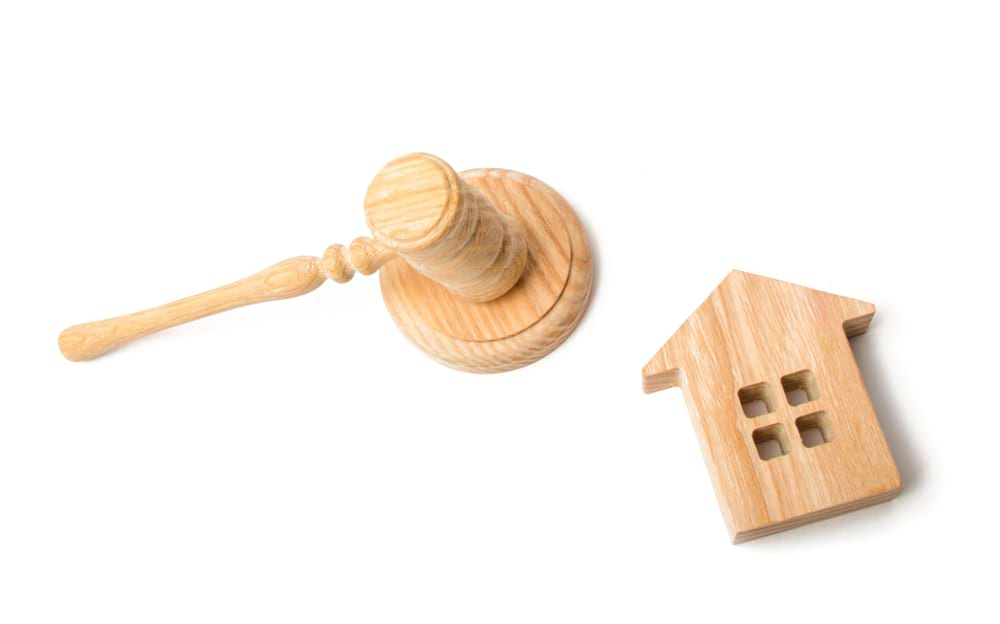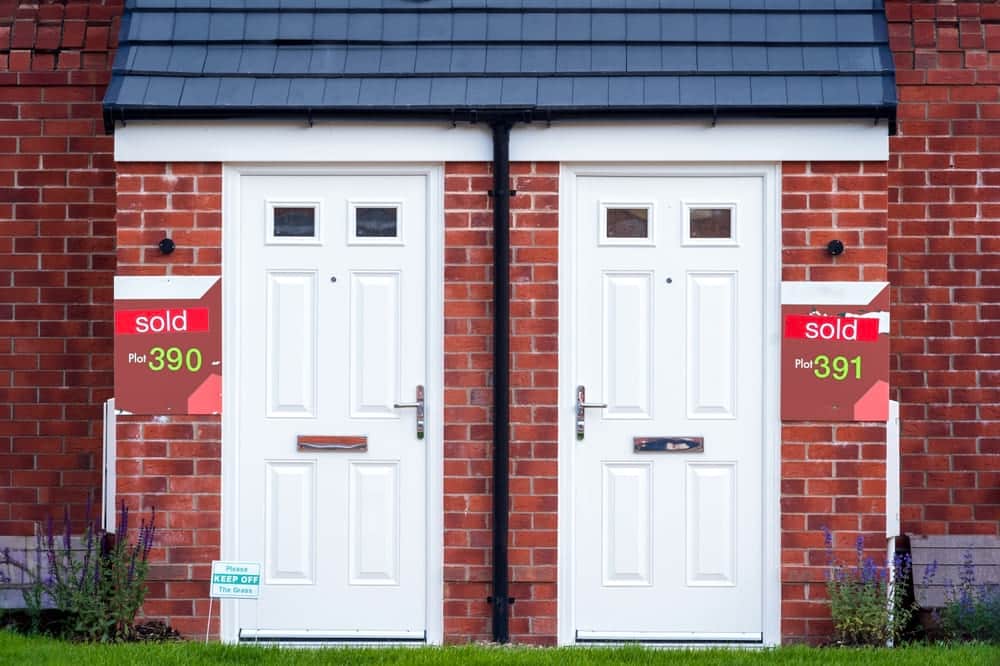Selling your house for lower than its market value is not ideal.
Sometimes, this is done by selling to a cash buyer in order to sell quickly.
But other times, the government might force you to sell your home.
Read on to discover why this might happen and what you can do about it.
Can the government force you to sell your house?
Yes, in some cases, the government (specifically, a government-run organisation) can force you to sell your house.
They should only attempt this after:
- They’ve engaged in ‘meaningful negotiations’ with you to buy the house privately
- They have offered you the going market rate for it. (But you aren’t obliged to accept.)
Example of government-forced house sale: HS2
Back in 2017, a single mother in South Yorkshire was forced to sell her house due to the initial High Speed 2 (HS2) railway route.
However, the HS2 plans near her old house were soon cancelled – after she had already moved.
She said the government’s decision had caused stress, financial burden from moving costs, and loss of community.
What is a compulsory purchase order (CPO)?
If a government body wishes to force your house sale, they will apply for a compulsory purchase order (CPO).
This will be done using the argument that it is ‘for the greater public good’. For example, if it:
- Obstructs a significant regeneration project to boost the local economy
- Is considered a danger to the public.
However, depending on what you and others do next, this process can take months or years to secure these powers.
You should seek legal representation to help you with this.
Potential compensation for CPOs
You should be entitled to certain payments if the compulsory purchase order is granted.
Firstly, hiring a chartered surveyor can recover ‘reasonable costs’.
You can also recoup fees for a solicitor, who will transfer ownership to the buyer.
In some cases, the homeowner might get ‘disturbance compensation’.
Examples include:
- Moving fees (including removal fees, temporary accommodation, etc.)
- Disconnections and reconnections or services (such as electricity, wifi, etc.)
- Stress and inconvenience caused by relocation
How much do I get for my home if the government forces me to sell?
An independent chartered surveyor will be brought in to value your home. They will decide what the going rate is on the open market.
You’re not always able to negotiate or debate this figure, as the expert is independent.
But you can refuse the initial offer and take the case through the courts.
How to make a complaint about the government forcing you to sell
You should get legal representation if a public body tries to take out a CPO.
You can file a formal objection. The CPO will state the timeframe that you must do this in.
You’ll need to explain why the circumstances surrounding your CPO are unjust.
This isn’t related to the principle but to the individual details. For example, perhaps one or more of the following applies:
- You’re not getting a fair selling price
- The public body didn’t make sufficient effort to negotiate privately before the CPO
- You aren’t being offered disruption compensation, but you feel that you should be.
Get help and record evidence
A CPO legal specialist can guide you in lodging this complaint with the best possible chance of winning.
One of the most important things is that you keep a record of all communications that takes place. You’ll need to depend on this evidence in a court of law.
Who else can force me to sell my house?
Public government bodies can sometimes force you to sell your house, as can mortgage lenders when you fall into arrears.
But can anyone else?
Ex-spouses
An ex-partner can force your house to be sold if you have a joint mortgage.
This usually follows a divorce when one person has moved out, and neither can afford to buy out the other. The case is often heard in court.
Co-owners
Other co-owners can force a property sale if you are a partial owner.
For example, in some circumstances, a sibling can force a sale of an equally inherited property after applying to courts.
Mortgage lenders
If you file for bankruptcy, the lenders you are in debt to can force you to sell your house, too.
Similarly, if you fall into mortgage arrears, your mortgage lender can apply for a repossession order, which forces a sale. (There is sometimes a 12-month grace period, though.)
Can I be forced to sell my house when I move into care?
It depends on your circumstances.
If you can afford to pay for care without selling your house, then you won’t be forced to do so. You can then leave this property to your loved ones in a will.
If you cannot afford care without selling your house, then you might be forced to do so by your local authority. (In some circumstances, someone with the power of attorney may do this on your behalf.)
This only happens after ‘means testing’ by the council to assess your circumstances. They’ll consider:
- Your savings
- Whether care will be full-time or part-time
- If you have a joint mortgage with anyone else
- Who else lives in the home – such as a child, or an incapacitated elderly person.
All of these details impact whether you’ll have to sell your house or not. It’s thus truly treated on a case-by-case basis.
Speak to an expert in this area for more guidance tailored to your situation.




















